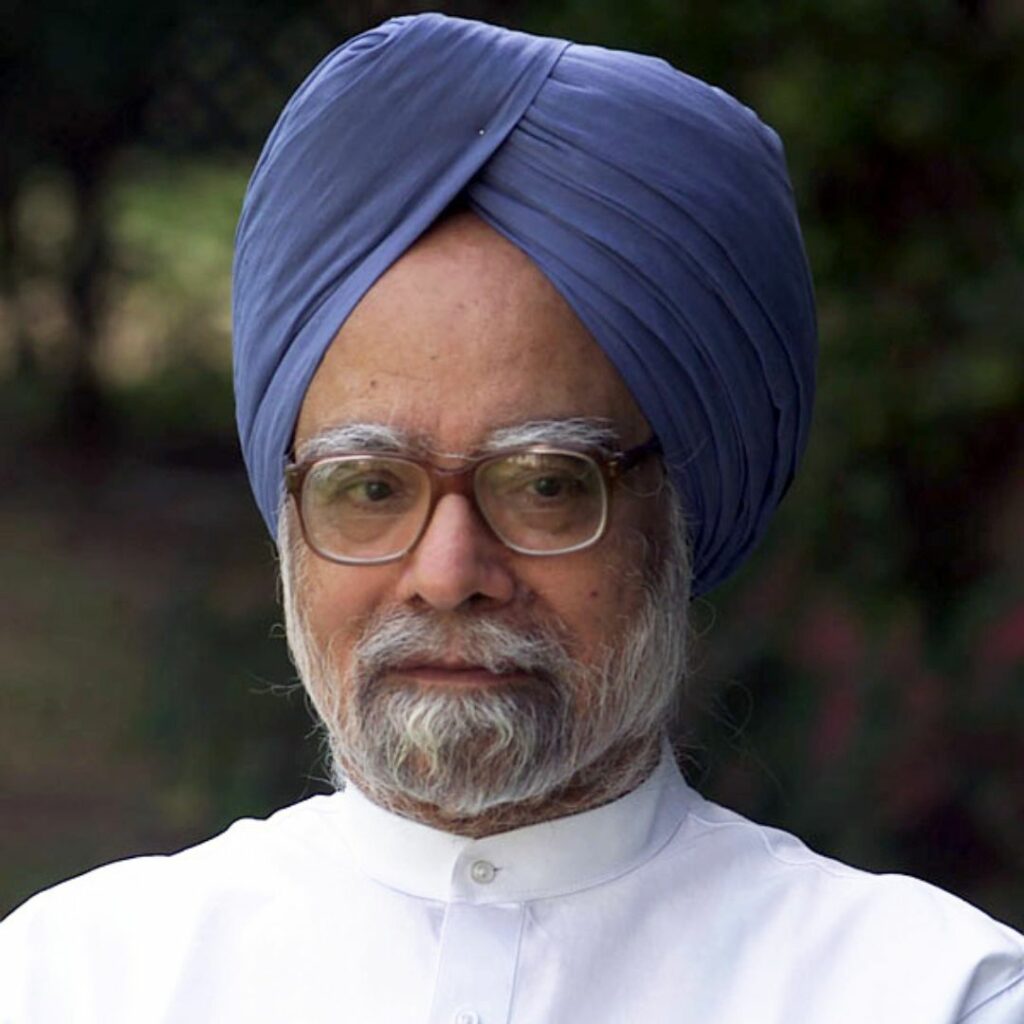India has inked a significant $400 million policy-based loan agreement with the Asian Development Bank (ADB) to propel the creation of high-quality urban infrastructure, enhance service delivery, and instigate efficient governance systems, as per a statement from the finance ministry.
The program is designed to encompass integrated planning reforms aimed at curbing urban sprawls and fostering systematic and planned urbanization by strengthening legal, regulatory, and institutional reforms across the entire ecosystem.
The sub-programme 1, approved in 2021 with financing of $350 million, laid the foundation for national-level policies and guidelines geared towards improving urban services. Meanwhile, the latest sub-programme 2 will support investment planning and reform actions at the state and urban local body (ULB) levels.
The agreement for the sub-programme 2 was formally signed by Juhi Mukherjee, Joint Secretary, Department of Economic Affairs, Ministry of Finance, and Takeo Konishi, Country Director of ADB’s India Resident Mission.
Mukherjee highlighted that the program aligns with the government’s urban sector strategy, focusing on reforms to make cities livable and centers of economic growth through the provision of inclusive, resilient, and sustainable infrastructure.
Konishi emphasized that Sub-programme 2 supports the reforms initiated by states and ULBs in operationalizing the national flagship program, Atal Mission for Rejuvenation and Urban Transformation (AMRUT) 2.0. The program is targeted for universal access to water supply and sanitation.
The sub-programme supports various objectives, including ensuring urban water security, reducing water losses, recycling treated sewage, rejuvenating water bodies, and maintaining sustainable groundwater levels. Urban local bodies (ULBs) will focus on modernizing building bylaws, land pooling, urban agglomeration, and comprehensive urban mobility planning.
Cities will be incentivized to become creditworthy through reforms aimed at enhancing revenues such as property taxes and user charges. The initiative seeks to improve efficiency, rationalize expenditures, and encourage cities to explore innovative financing avenues such as commercial borrowings, municipal bonds, sub-sovereign debts, and public-private partnerships.
This substantial infusion of funds is expected to play a pivotal role in bridging significant deficits in urban infrastructure investments and further bolster India’s ongoing efforts towards sustainable urban development.
Also Read: Emergency Declaration: Iceland Responds to 800 Earthquakes in 14 Hours











